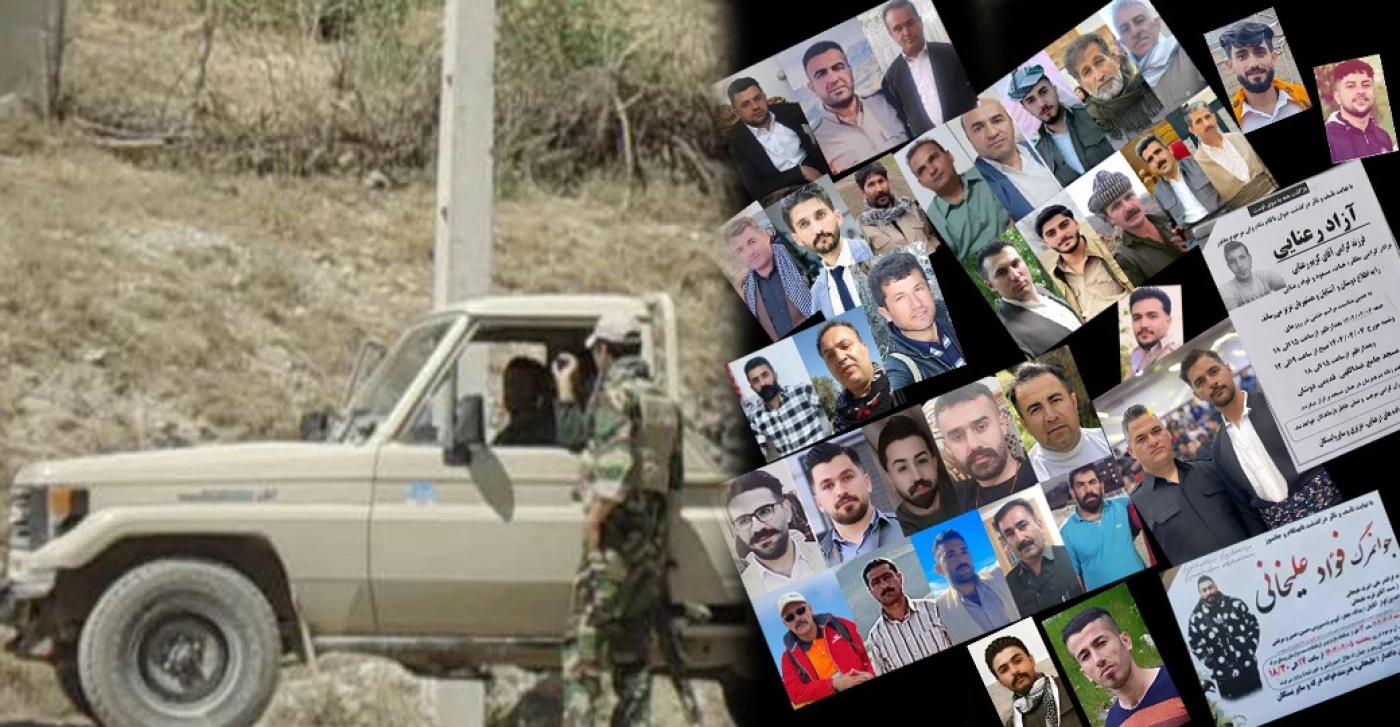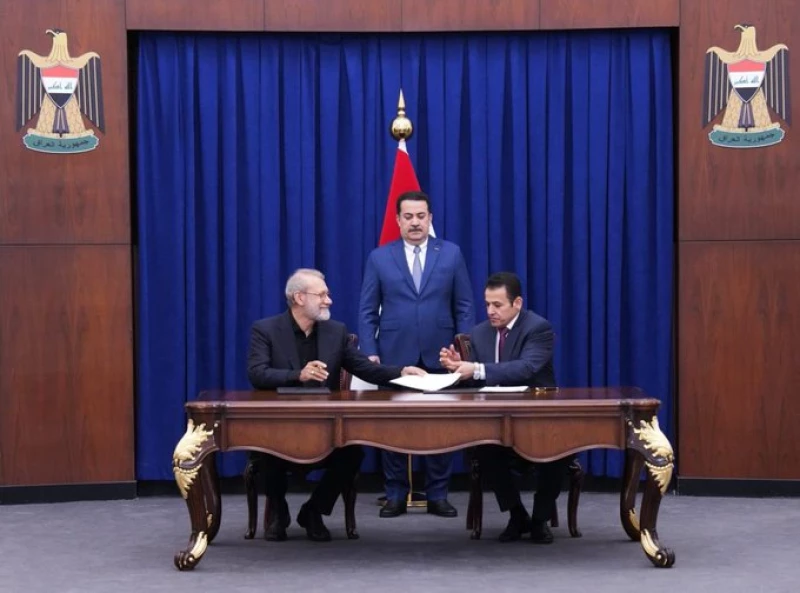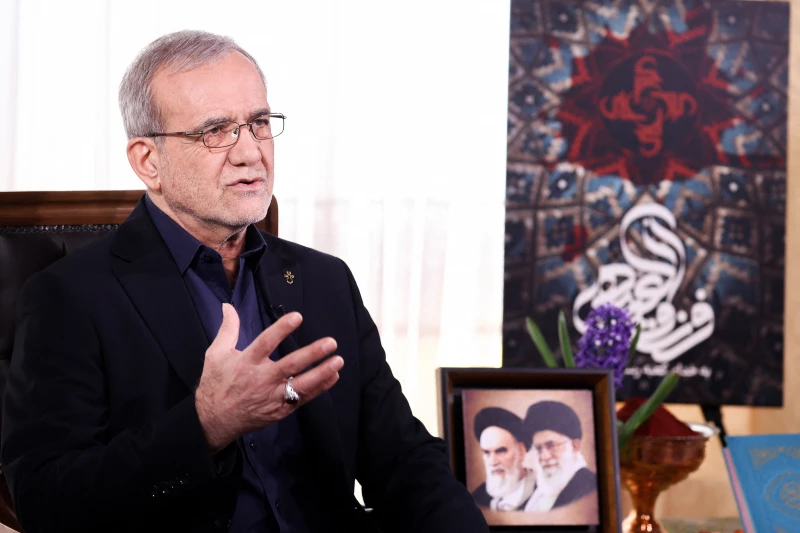ERBIL, Kurdistan Region of Iraq - Iran has begun a campaign of mass arrests and intimidation in the predominantly Kurdish regions of the country following a ceasefire that brought a 12-day conflict with Israel took hold, a human rights watchdog reported.
According to the Kurdistan Human Rights Network (KHRN), the deployment of Iranian armed and security forces in Kurdistan cities has increased, with these forces having effected a wave of arrests, summonses, torture, and threats against Kurdish citizens and activists.
Ever since the ceasefire took effect, Iran has killed five, including three by hanging, and detained over 250 Kurdish people on multiple charges, with a draconian security force presence being felt in many Kurdish cities. The watchdog reported that the family of one of the deceased victims alleges that he died in custody after being tortured by security forces.
It often remains unclear what the actual charges against the Kurdish detainees are. Still, the human rights watchdog KHRN reports that some prisoners have faced charges such as spying for Israel, spreading anti-government propaganda, insulting sacred places, attempting to undermine Iran’s national security, and possessing or buying and selling internet services amid a nationwide shutdown.
Iran frequently detains local, dual, and foreign nationals on espionage charges for foreign governments. Human rights organizations have accused Tehran of engaging in “hostage diplomacy” and using prisoners as bargaining chips with opponents.
Soon after the conflict between Israel and Iran erupted, Tehran officials vowed to accelerate trials for individuals suspected of working for Israel’s foreign intelligence agency, Mossad.
Iran is among 47 countries that still maintain the death penalty for common crimes without a moratorium on executions, according to French rights group Together Against the Death Penalty (ECPM).
Since 1976, over 85 nations have abolished the death penalty for all crimes, while others have eliminated it for ordinary offenses, according to the US-based Death Penalty Information Center.
Human rights groups have repeatedly accused Iran of using the death penalty to suppress minorities and silence dissent.
The Kurdish network says it has "expressed its serious concern about the situation of detainees and warned that the Islamic Republic's anger over the killing of Revolutionary Guards (IRGC) commanders in recent Israeli attacks and the passage of a new law on espionage charges.”
In addition to arrests, the Iranian government has begun setting up a myriad of checkpoints where they confiscate cellphones upon entry and exit to Kermanshah, Kamran, Sina, Marivan, Saqqez, Bokan, Mahabad, Sardasht, Piranshahr, and Urmia.


 Facebook
Facebook
 LinkedIn
LinkedIn
 Telegram
Telegram
 X
X



